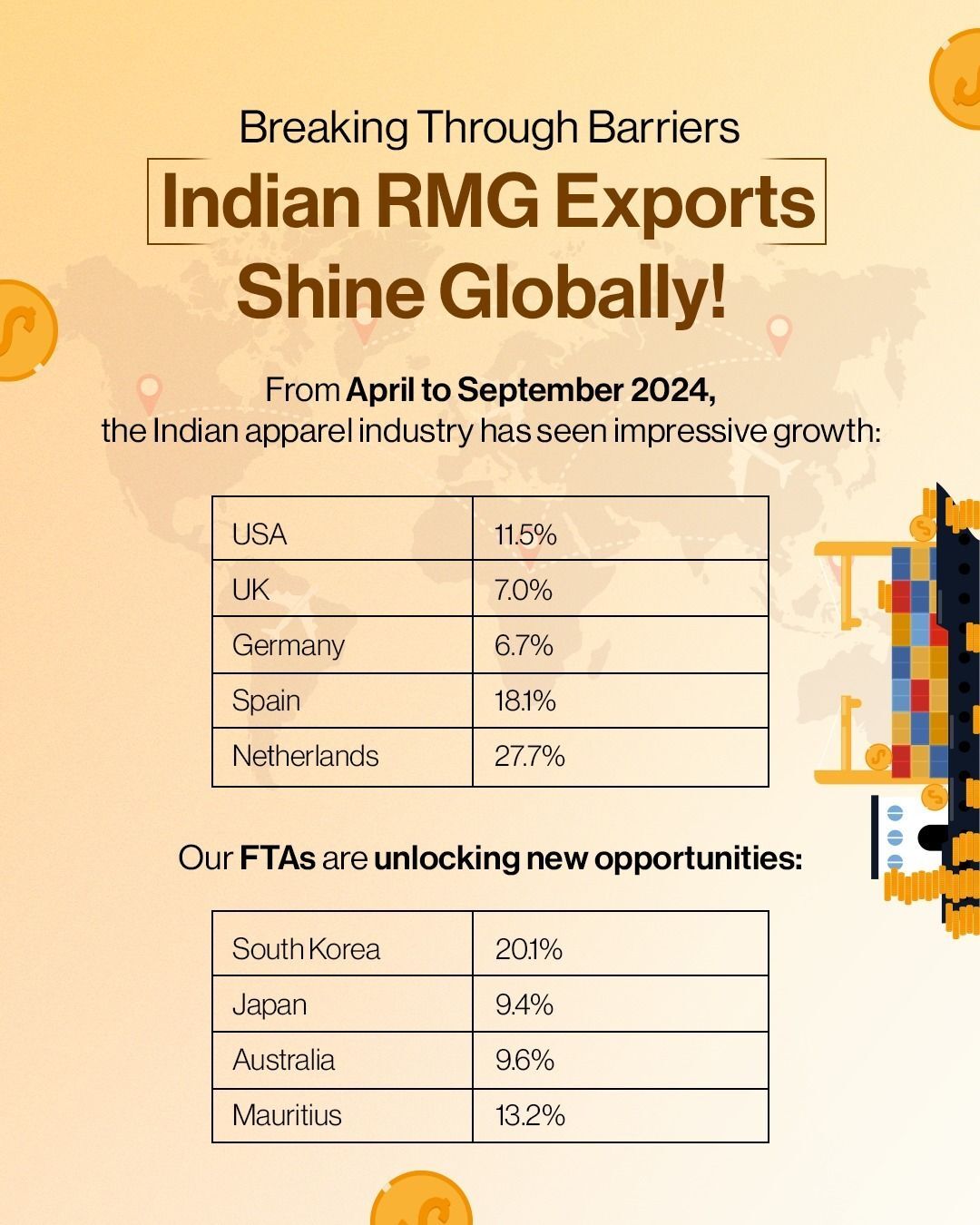To achieve its target of $50 billion in textile annual exports, the All Pakistan Textile Mills Association (APTMA) has presented a 41-point policy roadmap.
in collaboration with industry stakeholders.
While textiles have always been Pakistan's economic backbone, recent years exposed limitations. The industry relies heavily on cotton, limiting its global reach in an increasingly diversified market dominated by man-made fibers (MMF).
Recognising this, the roadmap emphasises product diversification, urging rationalisation of import duties on MMF inputs and incentives for MMF manufacturing and value-added production.
The plan also focuses on expanding manufacturing capacity. A key initiative is the establishment of 1,000 new garment plants, aiming to not just increase production but also shift towards higher-value products. This ambitious project, targeting an annual export capacity of over $50 billion, signifies a commitment to growth, innovation, and global competitiveness.
Specialised industrial and export processing zones with plug-and-play facilities are proposed to attract investment and create a growth-conducive ecosystem. Efficient logistics, advanced testing facilities and robust supply chain management are also highlighted as crucial factors in achieving international standards.
The roadmap demands regionally competitive energy tariffs (9 cents/kWh) and transition towards net-zero emissions to comply with upcoming regulations. It proposes allowing B2B power contracts and increasing solar net-metering cap as solutions. Additionally, it also emphasises on fixing the sales tax refund system and reducing inflation to single digits for tackling the industry's liquidity crisis.
Further, the roadmap outlines aggressive export marketing strategies including high-level delegations attending international conferences, networking events, and attracting international brands through incentive packages. It also emphasises on promoting Pakistan as a destination for buying houses and facilitating entry into non-traditional markets like e-commerce.












